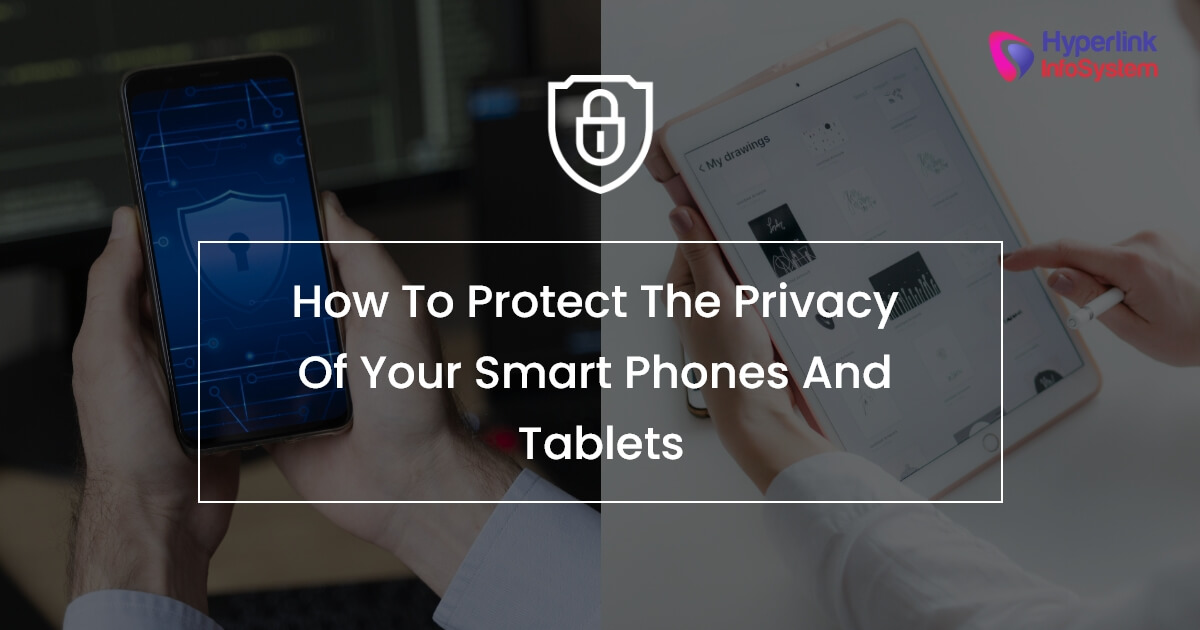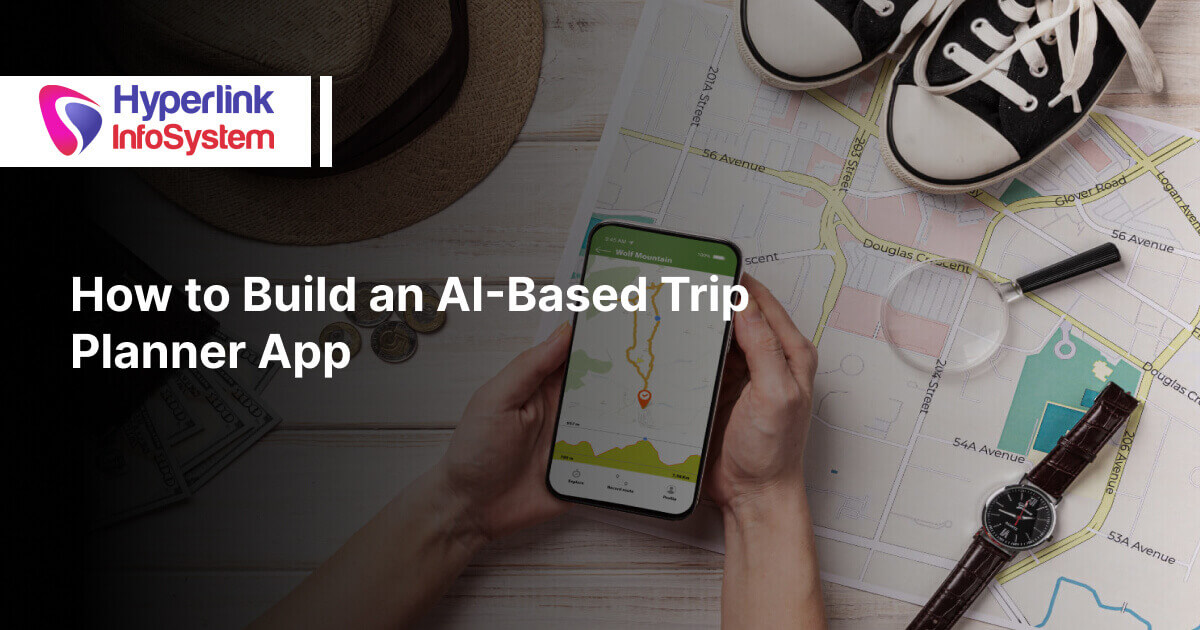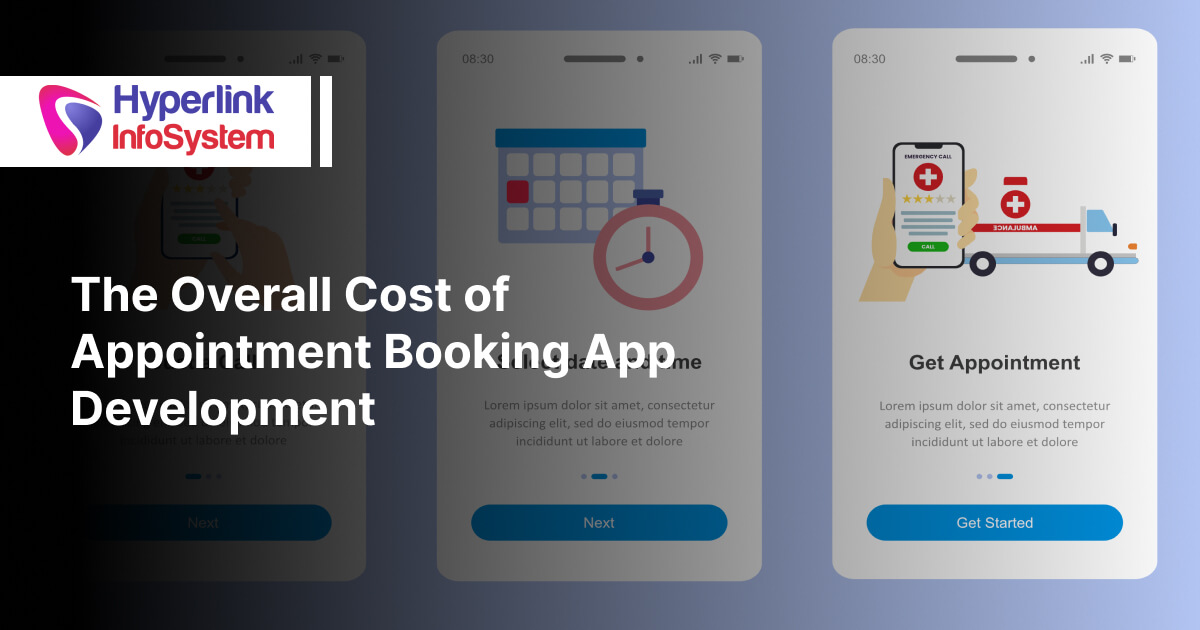Protecting privacy on mobile or tablet is an issue that worries many people. The mobile phone has become our eternal companion and guardian of all our data. Therefore, it is not surprising that protecting the privacy of our phone is a priority issue.
Although we are all concerned, only few people know how they can protect the privacy of their mobile or tablet. To help you, we have compiled the best tips and tricks with which you will cut off the intrudersin this post. Do not let anyone spy on you or access your data.
Protect privacy by adding a screen lock method to your mobile
Locking the mobile is the first security measure that must be taken. Either by means of a password, pattern, finger or facial recognition, it is essential to have a barrier that prevents strangers from accessing our mobile.
If you are concerned that someone may still access your mobile without permission (because they guess your pattern or password), there are applications designed to prevent strangers from accessing your device.
These apps are available on Play Store and App Store and they are very useful and efficient. When several unsuccessful attempts are made to unlock the device, these apps will take a photo so you can know who wanted to access your phone. You can also make it look like a message on the home screen, activate the location functions and it allows you to block or shutdown the phone in case you have lost it.
Password protect apps
We have many applications that contain our personal information on our the mobile devices. From WhatsApp with private conversations, Facebook, Instagram and Twitter social networks that perhaps we do not want others to be able to open at will, Gmail with our mail, etc.
To protect the privacy of our applications, there are many apps that allow us to put a password to our applications in order to prevent other people from opening them if they pick up the phone. We recommend NQ Mobile Vault. This app allows you to put a different password for each Mobile application, so if they discover the password of one, the others will remain safe. You can download it for iOS and Android.
Don't download apps from untrusted sources
To protect our privacy, we must also be very careful with the applications we download. Ideally, do not download any app that does not come from a trusted account. That is, better limit yourself to downloading your applications directly from the Google Play Store or Apple Store.
Browse incognito mode to leave no data
Most browsers allow you to browse in incognito or hidden mode. Typically, this option appears in the browser settings, in the same place where the history options appear.
Navigating in secret will allow you to visit all the pages you want without registering them on your mobile.
This can be very useful, when shopping online. The stores you visit (avoiding the avalanche of advertising) and your data will not be registered.
Disable browser history to leave no trace
Another option to protect the privacy of our browser is to deactivate the history. Every time we access a page, the visit is recorded in the history. This is so that Google can show you ads that may interest you based on the searches you perform. It can also assume that anyone knows your interests or hobbies by accessing your history. To prevent this from happening, we recommend that you regularly enter the Google search settings and delete the history.
Is sharing location dangerous?
The option to share location is one of the ones we all like the most. We can ask for it at any time and find our friends without problems, we can share photos with the exact location where we are, etc.
But we must bear in mind that there are many applications that have access to our location and that of our friends (if they are sharing it with us in real time), which can be a great prejudice for us. Applications collect all of our data, including location. And that data is used by third parties without us knowing who they are or what they use them for.
Therefore, we recommend that you deactivate the location sharing function and use it only when you really need it. In addition, you should check which applications have the right to access your location and among them which ones need access to work. Once you know, restrict location access to everyone who doesn't need your location.
Why is uploading files to the cloud more secure?
We have a smartphone full of photos, videos, conversations and files that we want to keep but maybe we don't want anyone else to be able to see them. If we leave all this information on the mobile, in addition to occupying a large amount of space, we can lose them. In addition, anyone who takes our mobile can see our data.
The best thing is to upload our files and data to the cloud. There are many applications that allow us to save our files in the cloud, such as Google Drive, Dropbox or iCloud. When uploading them, we will always have them safe, we can put extra security measures to make sure that nobody has access to them and we will free up space on the phone.
 +1 309 791 4105
+1 309 791 4105




















































 +91 8000 161161
+91 8000 161161
